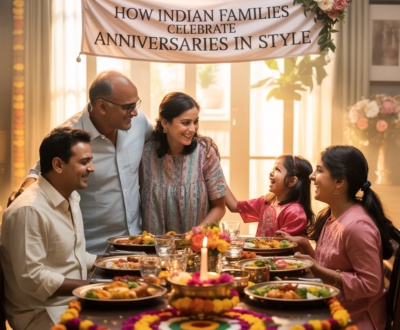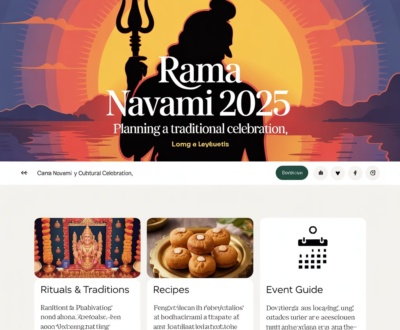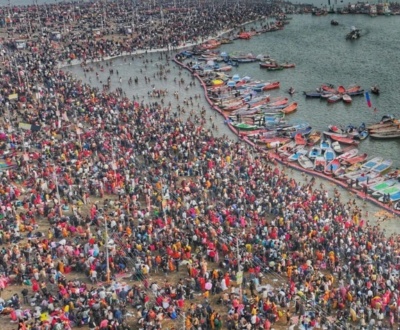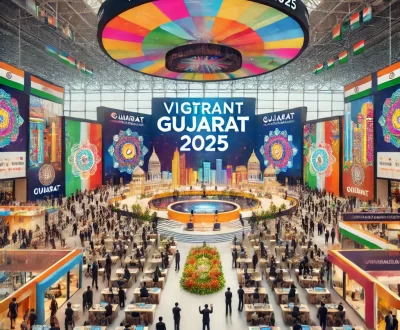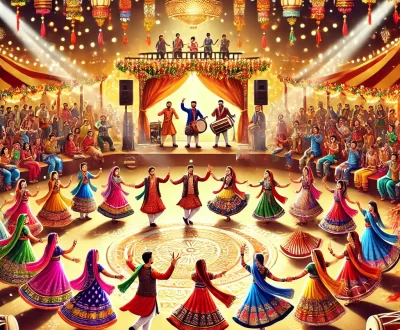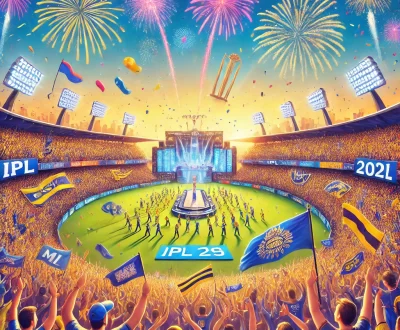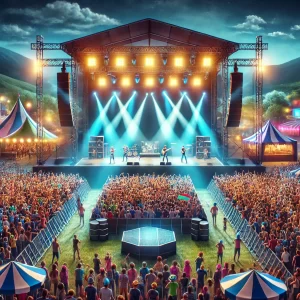
Introduction
Best venues for music festivals -Top music festival venues include Goa’s Sunburn Beach, Rajasthan’s Mehrangarh Fort, and Mumbai’s NSCI Dome. International hotspots like Tomorrowland in Belgium and Coachella in California offer massive stages, stunning ambiance, and world-class facilities for unforgettable musical experiences.
Organizing a music festival or concert is an exciting but challenging task that requires careful planning and coordination. Whether you’re hosting a small community concert or a large-scale festival, success depends on preparation, teamwork, and execution. In this guide, we will cover the essential steps to help you organize a music festival or concert successfully.
Step 1: Define Your Event Goals
Before you start planning, it’s important to define the purpose and objectives of your event. Ask yourself:
What type of music event do you want to organize (e.g., rock concert, EDM festival, jazz night)?
What is your target audience (age group, music preferences, etc.)?
What is the expected number of attendees?
Will the event be ticketed or free?
What experience do you want to provide to your audience?
Having clear goals will help shape your event and make planning easier.
Step 2: Create a Budget Plan
A well-planned budget ensures you have enough funds to cover all necessary expenses. Key expenses include:
Venue rental
Artist fees and performance costs
Stage, sound, and lighting equipment
Security and emergency services
Marketing and promotion
Staff and volunteers
Food, drinks, and merchandise
Permits and insurance
Keep track of all expenses and set aside extra funds for unexpected costs.
Step 3: Choose the Right Venue
The venue plays a crucial role in the success of your music festival or concert. Consider factors like:
Location accessibility (for both performers and attendees)
Capacity (ensuring it can accommodate your expected audience)
Facilities (restrooms, parking, food stalls, etc.)
Sound and acoustics suitability
Weather conditions (if it’s an outdoor event)
Nearby accommodation for guests and performers
Book your venue well in advance to avoid last-minute issues.
Step 4: Book the Artists and Performers
Artists and bands are the main attraction of your event. When booking performers:
Select artists that match the theme and audience preferences
Check their availability and performance fees
Discuss contracts, performance duration, and technical requirements
Arrange travel and accommodation if necessary
Plan a backup in case of last-minute cancellations
Once booked, promote their participation in your marketing campaigns.
Step 5: Obtain Permits and Licenses
Music events often require legal permits to comply with regulations. These may include:
Event and venue permits from local authorities
Music and performance licenses
Public liability insurance
Alcohol and food vendor permits
Noise level permits (especially for outdoor events)
Safety and health permits
Start the application process early, as approvals can take time.
Step 6: Plan Logistics and Operations
Smooth logistics ensure a hassle-free event. Key logistics to manage include:
Stage Setup: Arranging stage design, lighting, and sound systems.
Security and Crowd Control: Hiring security personnel and ensuring emergency exits are accessible.
Ticketing and Entry Management: Organizing online and offline ticket sales, scanning, and wristbands.
Artist and Crew Management: Setting up backstage areas, green rooms, and schedules for performers.
Transportation and Parking: Ensuring easy access for attendees and performers.
First Aid and Emergency Services: Arranging medical staff and first aid stations.
Proper coordination with vendors and staff will keep the event running smoothly.
Step 7: Marketing and Promotion
Effective marketing is crucial for attracting attendees. Use different strategies to promote your event:
Online Promotion
Create a website or event page with all the details.
Promote on social media (Facebook, Instagram, Twitter, TikTok).
Use paid advertisements (Google Ads, Facebook Ads, etc.).
Send email newsletters to potential attendees.
Offline Promotion
Distribute posters and flyers in key locations.
Collaborate with local radio stations and newspapers.
Offer early bird discounts and group bookings.
Organize pre-event promotions like meet-and-greets.
Encourage attendees to share and invite others to boost ticket sales.
Step 8: Prepare for the Event Day
Arriving early to set up and test all equipment.
Conducting a final safety and security check.
Briefing staff, volunteers, and security teams.
Coordinating with performers and ensuring they have everything they need.
Managing the crowd effectively and keeping communication lines open.
Having a contingency plan for emergencies can help avoid major disruptions.
Step 9: Engage with the Audience
A memorable music event is not just about performances but also audience engagement. Some ways to enhance the experience include:
Setting up interactive booths and merchandise stalls.
Using live social media updates and hashtags.
Arranging surprise guest performances.
Offering food and beverage options that cater to different tastes.
Creating comfortable seating and relaxation areas.
Happy attendees will spread positive word-of-mouth and return for future events.
Step 10: Post-Event Evaluation
After the event, evaluate its success by:
Collecting feedback from attendees, performers, and staff.
Analyzing ticket sales, expenses, and profit/loss.
Reviewing social media engagement and event coverage.
Thanking sponsors, staff, and attendees through emails or social media.
Post-event evaluation helps in planning better for the next event.
Conclusion
Organizing a successful music festival or concert requires thorough planning, teamwork, and creativity. By following these steps, you can create an unforgettable event that attracts audiences and leaves a lasting impression. Whether it’s a small community concert or a large music festival, careful preparation and execution will make your event a success. Start planning today and bring your vision to life!
Subscribe to our newsletter!
More from our blog
See all postsRecent Posts
- How Indian Families Celebrate Anniversaries in Style May 28, 2025
- Rama Navami 2025: Planning a Traditional Celebration April 7, 2025
- Event Management of Maha Kumbh Mela 2025: A Grand Organizational Marvel March 26, 2025

